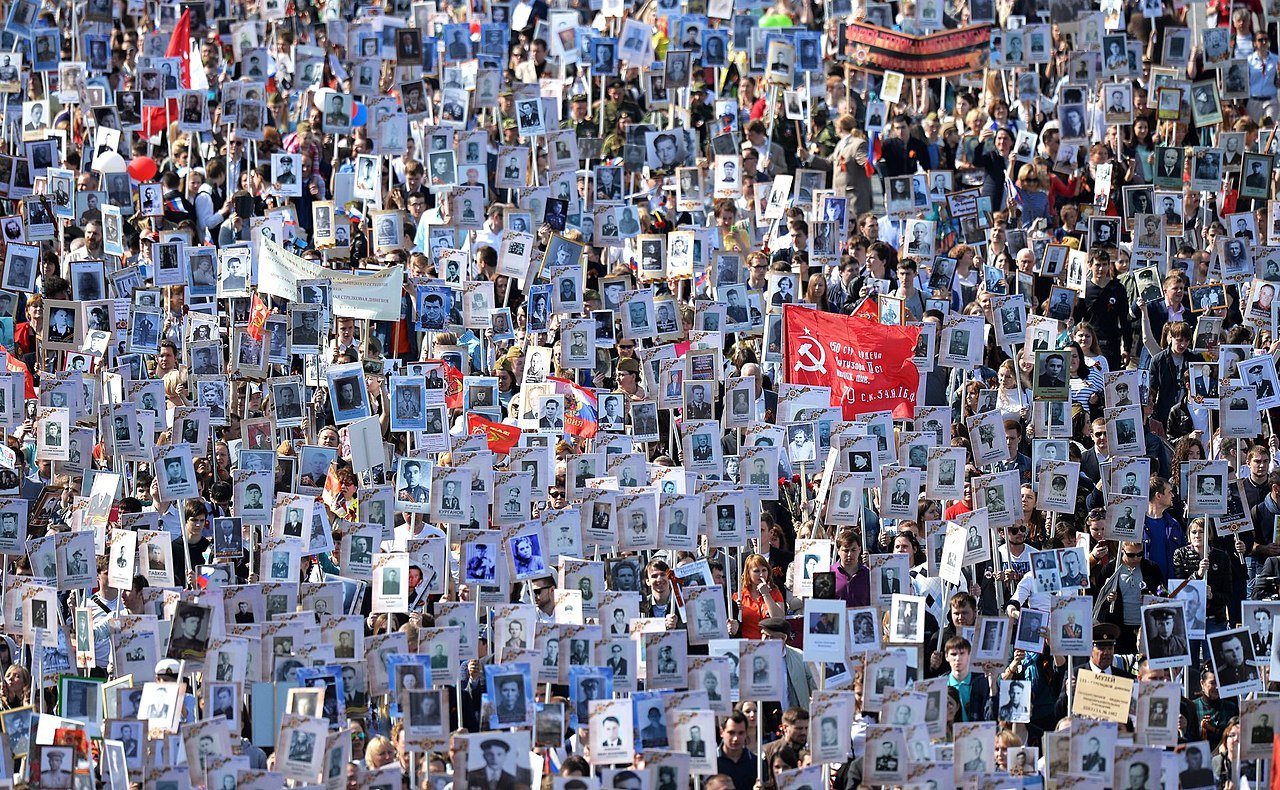(RAD) Over the past few years, U.S.–Russian relations have cooled almost to freezing, putting them at a level comparable to the worst days of the Cold War. Indeed, “new Cold War” has become a popular descriptor in books and articles analyzing contemporary international politics. The two most popular explanations for the deterioration of relations between the two countries are rooted in (1) foreign policy, where one side reacts to the actions of the other; and (2) domestic politics, where politicians mobilize support and justify their actions by inflating the foreign threat. Without rejecting these explanations altogether, I suggest shifting our attention to the processes of social change that have altered the context of U.S.–Russian relations.
During these years of rising tensions with each other, both Russia and the United States have seen their domestic politics overwhelmed by conflicts that reflect competing approaches to their respective national histories. In the United States, the removal of monuments to the leaders of the Confederacy started in 2017 and had developed by 2020 into a wave of iconoclasm against historical figures expressed in everything from vandalism against statues to the New York Times’ “1619 Project,” an ambitious effort to rewrite national history. Russia, meanwhile, has seen the passage of a series of “memory laws” that began with the 2014 law prohibiting the “rehabilitation of Nazism” and continued through the 2020 constitutional amendment that requires the state to defend “historical truth.” Different state actors have increasingly come to interfere in the domain of history, while the largest social movement of the epoch is the Immortal Regiment, an annual mass rally to commemorate Russian war veterans. […]
Read More | PDF © Russian Analytical Digest (RAD)
This issue discusses US-Russia Relations. Maxim A. Suchkov argues that the key issue between Russia and the United States at the moment is not the poor state of the relationship, but rather its changed nature, since the two pillars that used to shape the relationship—principles and agenda—have evolved; Ivan Kurilla posits that understanding the nature of conflicts over national identity in both Russia and the US improves our understanding of how each side views the other and highlights the nature of the obstacles standing in the way of improved relations.











